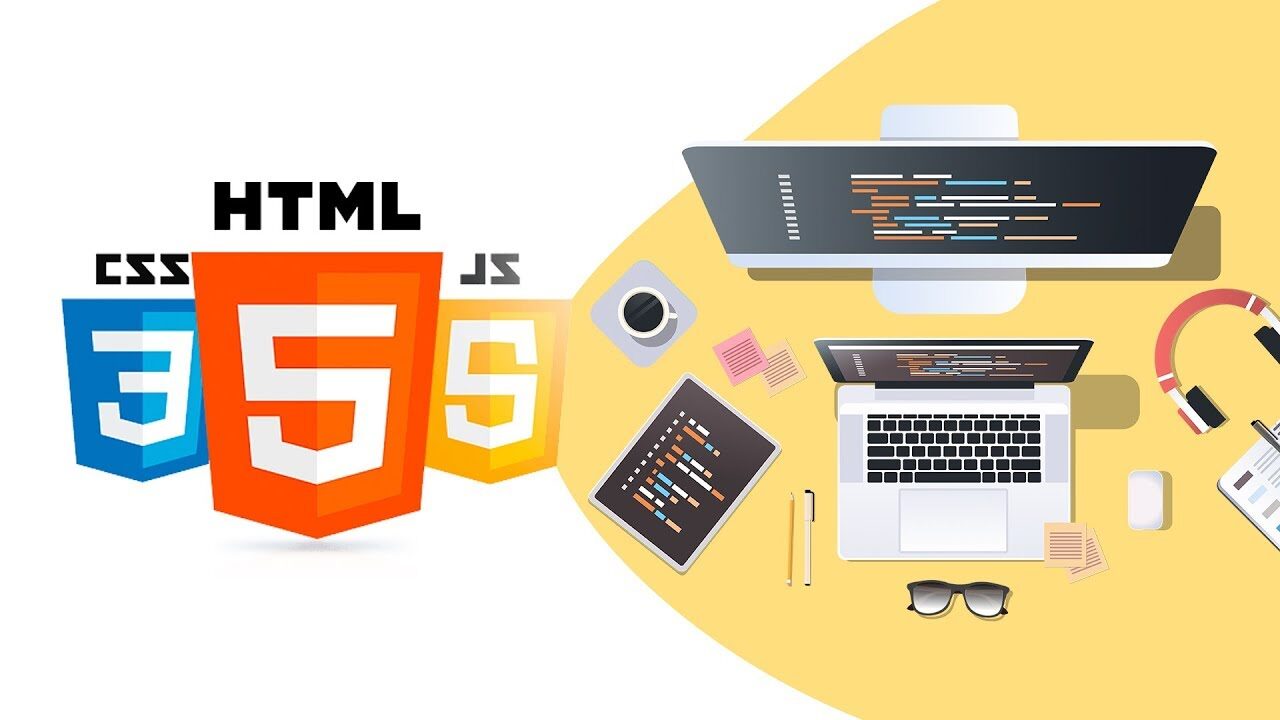In a world increasingly driven by technology, coding for kids is becoming more essential than ever before. Learning to code equips children with the skills they need to thrive in a digital future, where programming knowledge is no longer just a specialized skill but a fundamental aspect of education. Encouraging children to learn to code from an early age helps develop critical thinking, problem-solving abilities, and creativity—skills that are valuable in any career.
As coding becomes more mainstream, parents, educators, and policymakers are increasingly recognizing the importance of introducing children to programming languages and digital tools. In this article, we’ll explore why teaching kids to code is so important, the benefits it brings, and the top programming resources and tools available for young learners.

Why Coding for Kids Matters
Coding is the language of the future, and introducing children to programming early on prepares them for a world where technology will play a crucial role in almost every industry. Here’s why coding is so important for kids:
1. Promotes Critical Thinking and Problem Solving
At its core, coding teaches children how to break down complex problems into smaller, more manageable tasks. This approach to problem-solving, known as computational thinking, is essential for tackling challenges in all areas of life. By learning to code, children develop logical thinking skills that will help them not only in school but also in real-world situations.
2. Encourages Creativity and Innovation
Coding allows kids to turn their ideas into reality. Whether they’re building their own website, developing a game, or creating an animation, coding empowers children to bring their visions to life. This creativity fosters innovation, helping children think outside the box and experiment with new ideas.
3. Improves Math and Science Skills
Many concepts in programming are closely related to math and science. When children learn to code, they are unknowingly reinforcing their understanding of mathematical concepts like variables, loops, and conditionals. Coding also gives children hands-on experience with scientific concepts, helping them grasp abstract ideas more concretely.
4. Prepares Children for Future Careers
As technology continues to evolve, the demand for programmers and developers is rapidly increasing. By teaching kids to code, we are preparing them for a future filled with career opportunities in web development, data science, artificial intelligence, and beyond. Early exposure to coding can also help children decide whether they’d like to pursue a career in tech.
Benefits of Coding for Kids
While the importance of coding is clear, the specific benefits that come from learning to code are just as compelling. Here are some of the major advantages of introducing coding to children:
1. Builds Confidence
Completing coding projects, no matter how small, gives children a sense of accomplishment. Each time they succeed in solving a problem or creating something new, their confidence grows. This sense of achievement can encourage them to take on even more challenging tasks, boosting their self-esteem and resilience.
2. Teaches Collaboration and Communication
Coding often involves teamwork, whether it’s in the classroom or during an after-school coding club. When kids work together to tackle coding challenges, they develop important communication and collaboration skills. These soft skills are essential in any career and life in general, helping children become more effective problem-solvers and team players.
3. Fosters Persistence and Resilience
Coding can be frustrating at times, especially when a program doesn’t work as expected. However, learning to overcome these challenges teaches children persistence. Debugging and problem-solving help kids develop resilience, showing them that failure is part of the learning process and encouraging them to try again.
Top Resources for Teaching Kids to Code
With the rise of online coding platforms and interactive coding tutorials, there are now more resources than ever for teaching kids to code. Here are some of the best tools and platforms to get started:
1. Scratch
Scratch is one of the most popular platforms for programming for beginners and is designed specifically for kids aged 8 and up. Using a block-based visual coding interface, Scratch allows children to create games, animations, and interactive stories. Its drag-and-drop coding style makes it easy for young learners to grasp basic programming concepts like loops, conditionals, and events.
2. Code.org
Code.org is a nonprofit dedicated to expanding access to computer science education, particularly for young learners. The platform offers a wide range of coding tutorials and activities tailored for kids of all ages, making it a great resource for children who want to learn to code from scratch. Their “Hour of Code” initiative introduces millions of students to coding each year.
3. Tynker
Tynker is another excellent resource for teaching coding to kids. It offers interactive lessons that allow children to progress through programming courses at their own pace, from beginner-level block-based programming to more advanced text-based coding with Python programming and JavaScript programming. Tynker also offers a game-based learning experience, making coding fun and engaging for kids.
4. Kodable
Kodable is an app designed to introduce children as young as 4 years old to coding concepts. Its visual interface helps children learn how to solve puzzles using basic programming principles, making it a great option for parents looking to introduce their young children to coding.
5. Roblox Studio
Roblox Studio allows kids to create their own games within the popular Roblox platform. While more advanced than some other options, Roblox Studio teaches children real programming skills using Lua, a text-based programming language. Kids can start simple and work their way up to more complex projects, making it a perfect stepping stone into game development.
How to Support Your Child’s Coding Journey
Parents can play an active role in supporting their child’s coding education by providing the right resources and encouragement. Here are a few ways to help:
- Enroll in Coding Courses: Many platforms offer structured programming courses specifically designed for kids. These courses are an excellent way to provide a more formal learning experience while keeping it fun and engaging.
- Participate in Coding Bootcamps: Coding bootcamps for kids can provide an immersive learning experience, allowing children to build more advanced skills in a short amount of time.
- Encourage Exploration: Give your child the freedom to explore different programming languages and platforms. Whether they start with visual programming tools or jump into text-based coding like Python programming, the key is to foster their curiosity.
- Celebrate Achievements: Celebrate your child’s coding accomplishments, whether it’s completing a small project or earning a programming certification. This positive reinforcement will motivate them to continue learning and improving.
Conclusion
The importance of teaching coding to kids cannot be overstated. In a world increasingly shaped by technology, learning to code gives children the tools they need to navigate the future with confidence. From enhancing critical thinking to fostering creativity and preparing for tech careers, coding provides a wide range of benefits that will serve children throughout their lives.
With so many excellent programming resources available, including platforms like Scratch, Tynker, and Code.org, it has never been easier to introduce your child to the world of coding. By starting early, you can help set your child on a path to success in the digital age.



